When you purchase through links on our site, we may earn an affiliate commission.Heres how it works.
The specific text in the prompt also suggests the change may have appeared in Edge Canary on accident.
This article has been updated to reflect the most recent and accurate information and to discuss Edge vs Chrome.
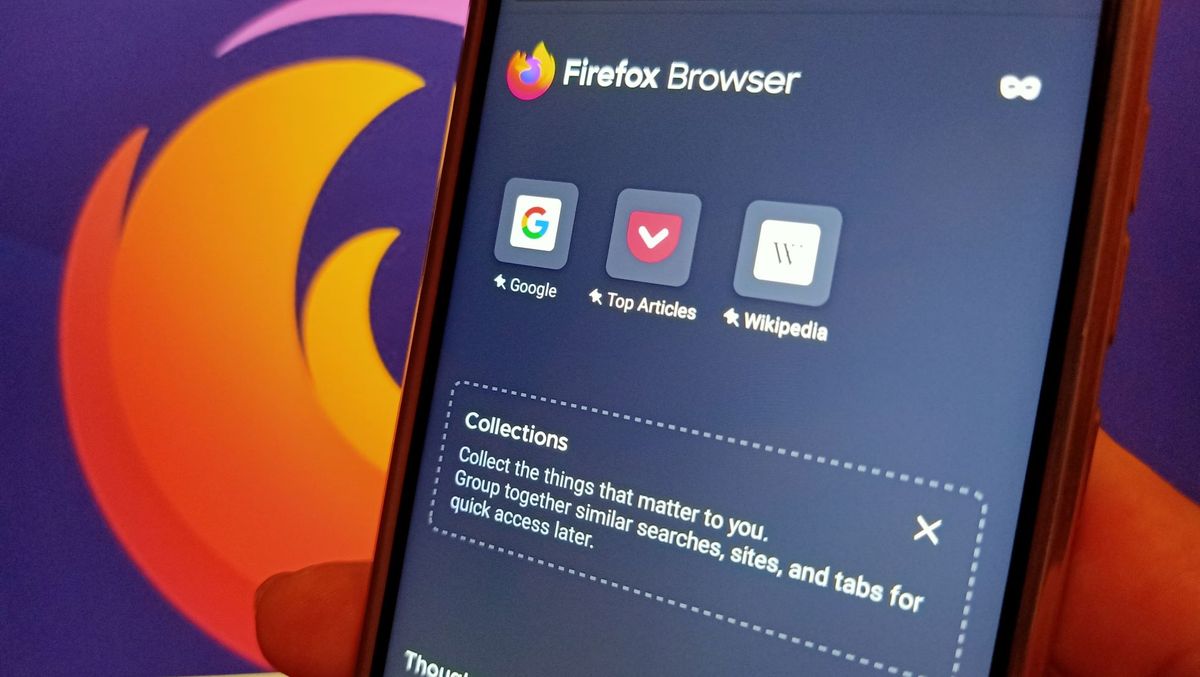
Both the desktop and mobile versions of Mozilla Firefox still support uBlock Origin.
The days of uBlock Origin are numbered, at least on Chromium browsers.
Earlier this week, reports emerged thatuBlock Origin stopped working on Google Chrome.
Now, it seems uBlock Origin could soon be disabled in Microsoft Edge.
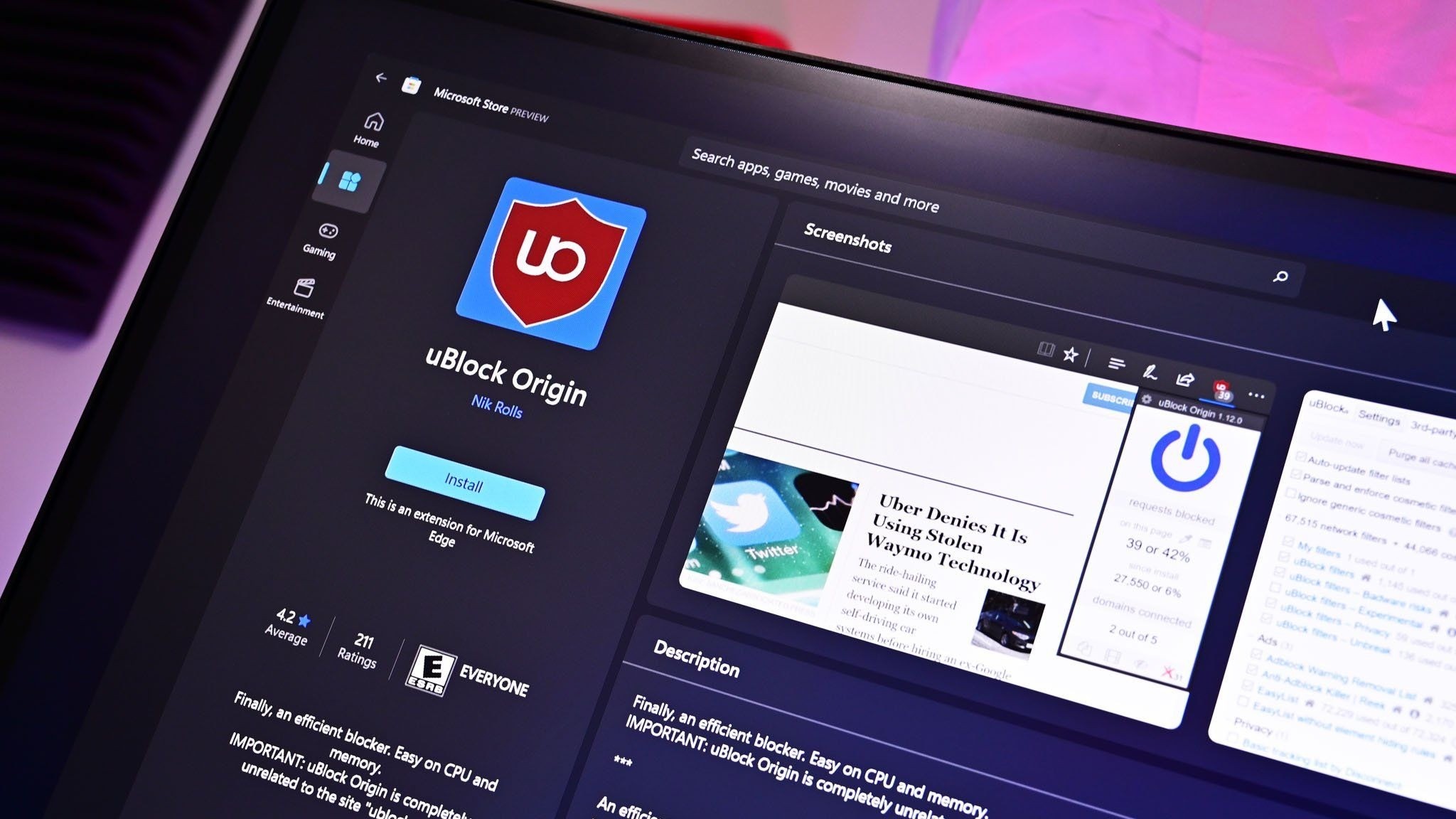
I would have loved to see Microsoft differentiate Edge from Chrome by finding a way to allow uBlock Origin to continue to work.
The most recent version of Microsoft Edge Canary states that uBlock Origin is no longer supported.
According to Leo Varela, who tracks changes in Edge, the cutoff may have been unexpected.
Even if Edge supports uBlock Origin at the moment, that will change in the future.
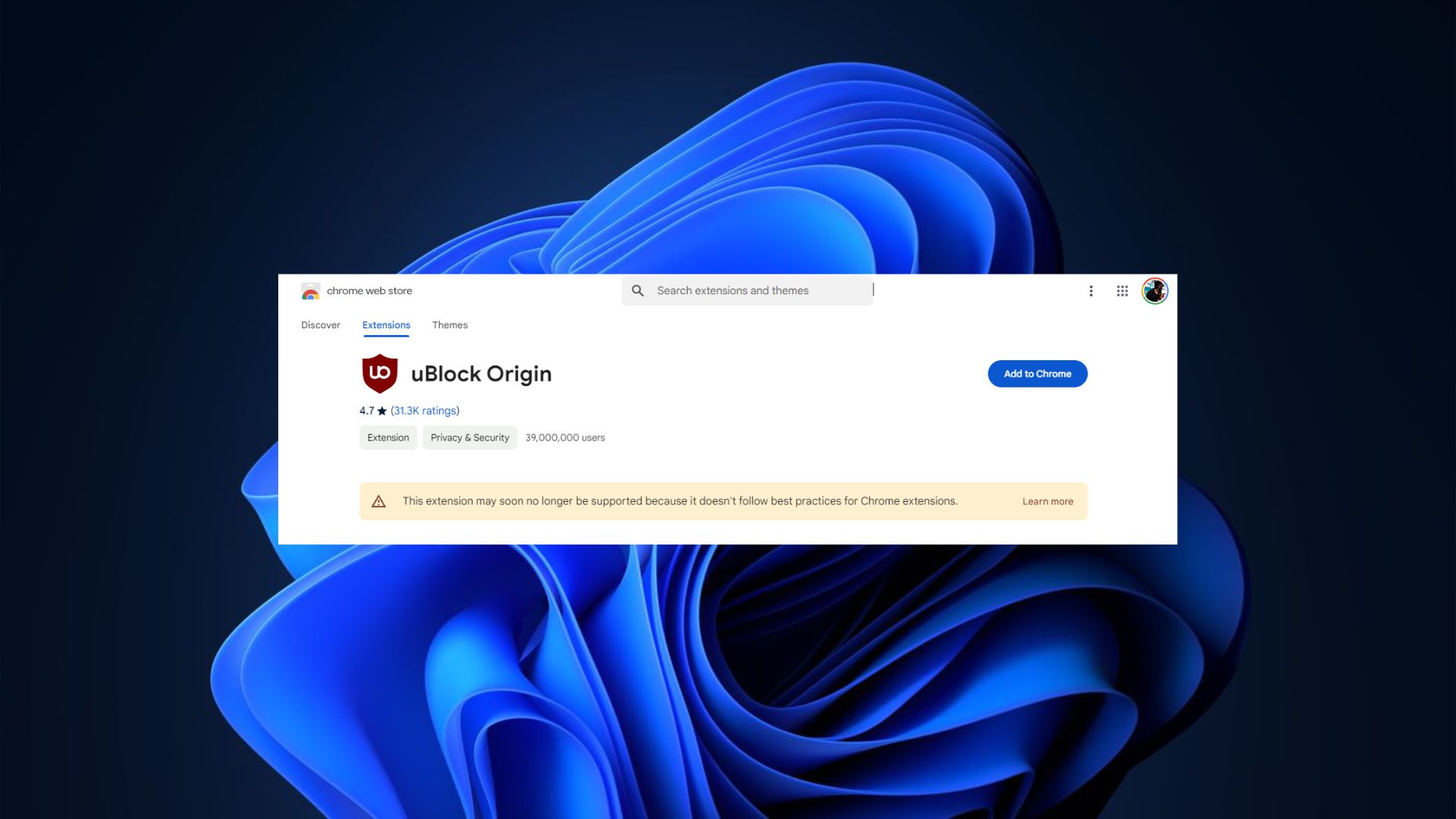
Why is uBlock Origin being removed?
Years ago, Google introduced Manifest V3, a new version of its extension platform.
Extensions built on that platform are more secure, more private, and perform better.
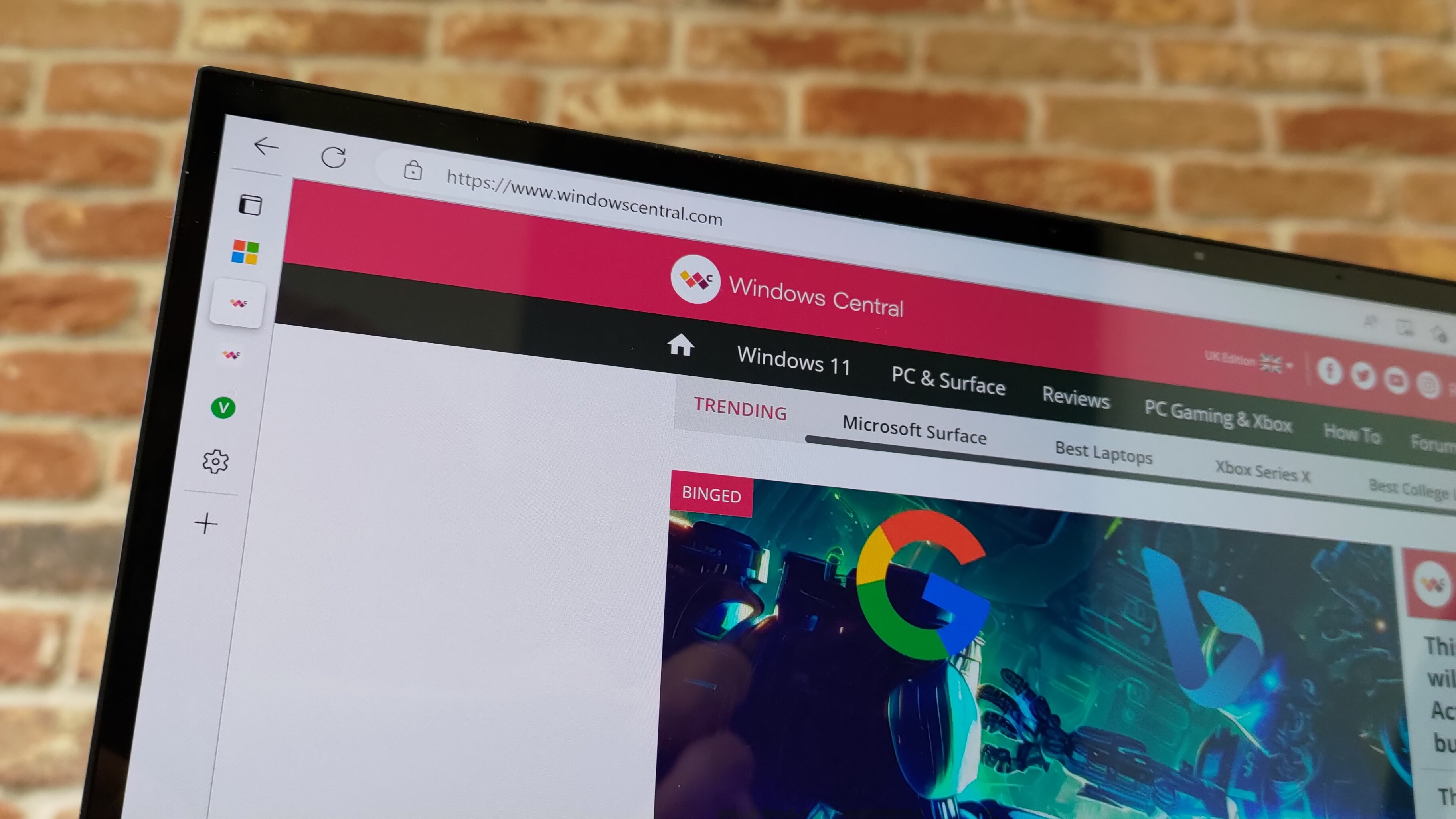
Unfortunately, they also cannot fully use a specific API that is essential for uBlock Origin to function.
With the limits in place on WebRequest, uBlock Origin’s picker cannot work.
The picker allows you to block specific elements.

Which browsers support uBlock Origin?
Google Chrome and Microsoft Edge are in the process of ending support for Manifest V2.
That means uBlock Origin either has already stopped working or will stop working in the near future.
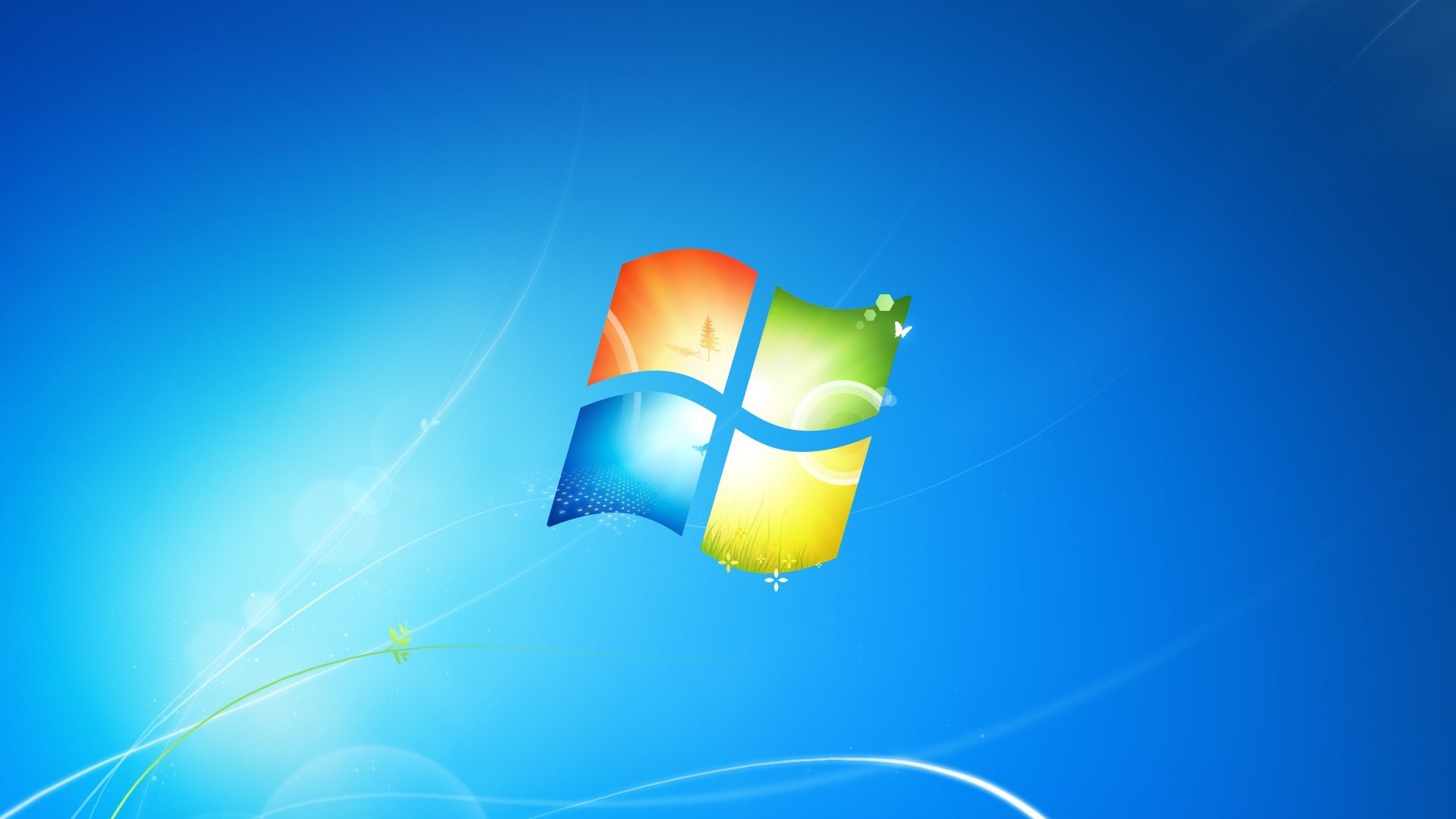
The process is gradual, so you may have a bit of time to find a suitable alternative.
Firefox will continue to support uBlock Origin.
Mozilla explained in ablog postthat it will maintain blocking WebRequest API support within Firefox.
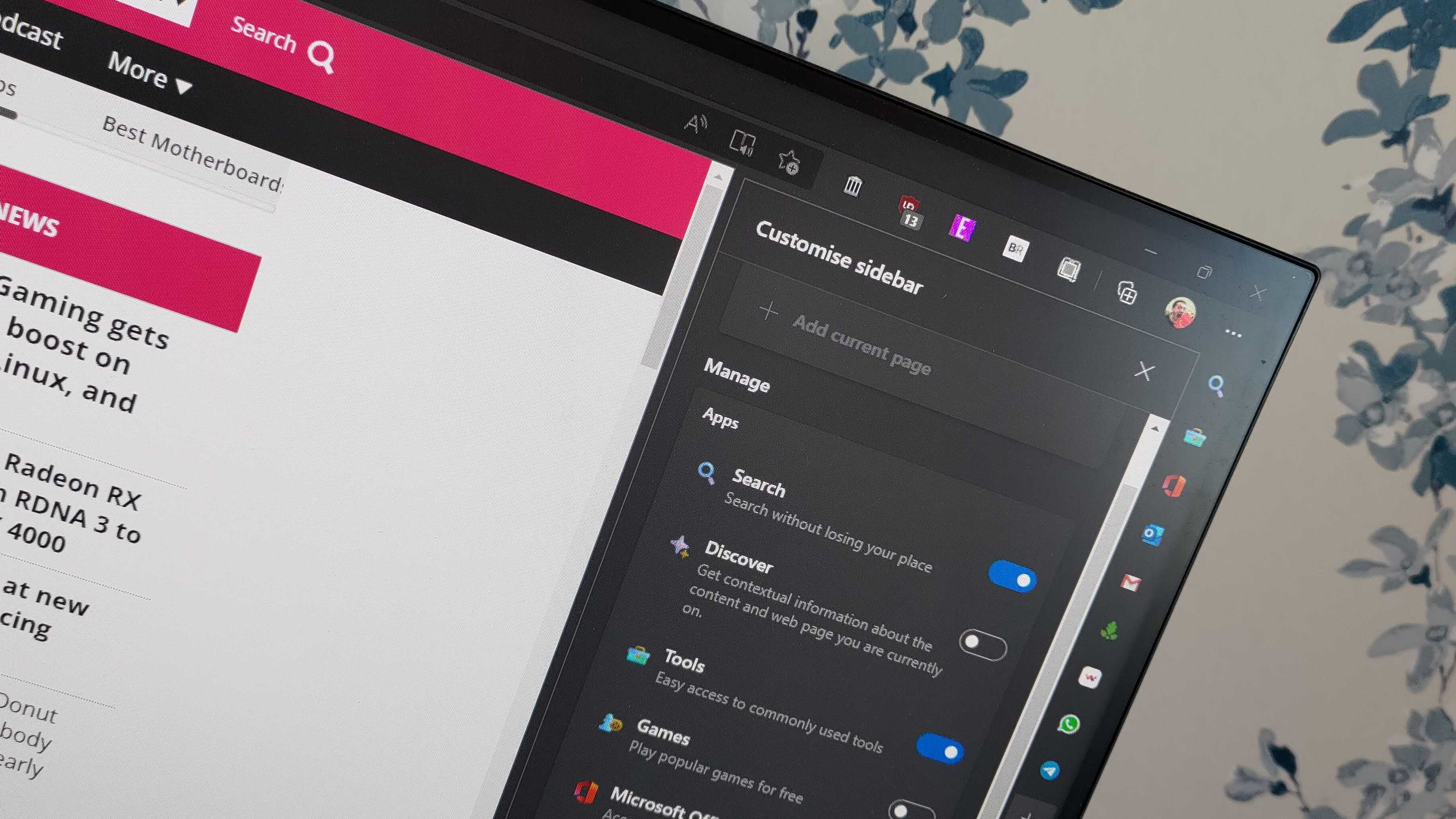
That means that even after the migration to Manifest V3, uBlock Origin will continue to work in Firefox.
If you want to stick with the same developers, you might switch to uBlock Origin Lite.
That extension lacks the finer controls of the original uBlock Origin, but it still works well.
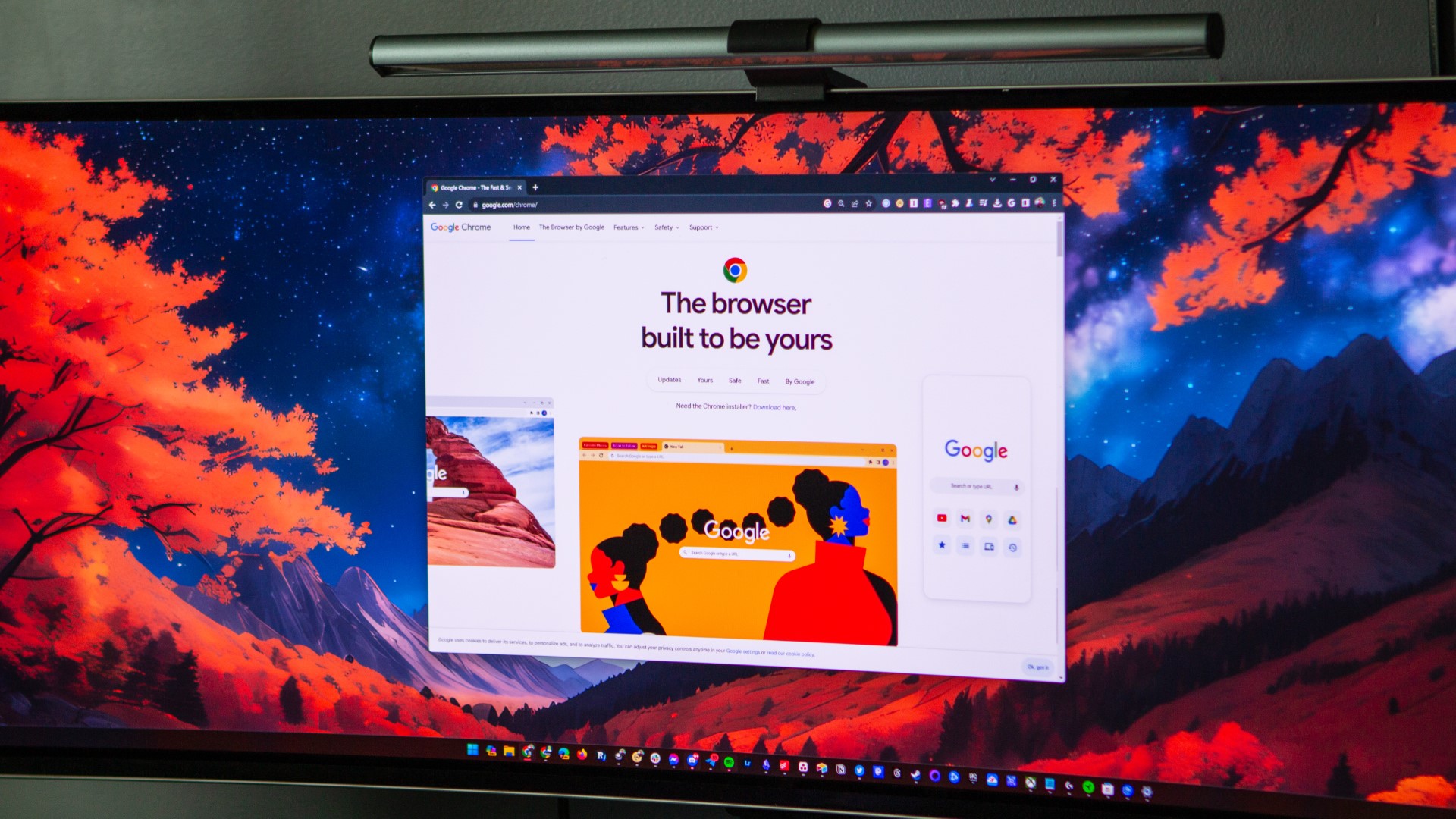
Most importantly, it works within browsers that have ended support for Manifest V2.
you’ve got the option to also switch to a different ad blocker.
In theirAdGuard review, our colleagues at TechRadar gave that program a 4.5 out of 5.

One thing that sticks out aboutAdGuard for Windowsis that it works in apps as well as in browsers.
All the web computability and extensions of Chrome but without Google?
To some extent, that vision has been fulfilled.

But Microsoft missed the mark when it comes to differentiating itself from Chrome during the migration to Manifest V3.
To maximize compatibility with other browsers, we will also ship support for declarativeNetRequest.
I can’t help but ask why Microsoft did not do the same or at least do something similar.

Perhaps the death of uBlock Origin is an unavoidable consequence of moving Edge to Chromium.




